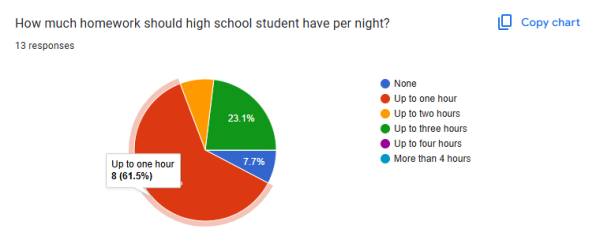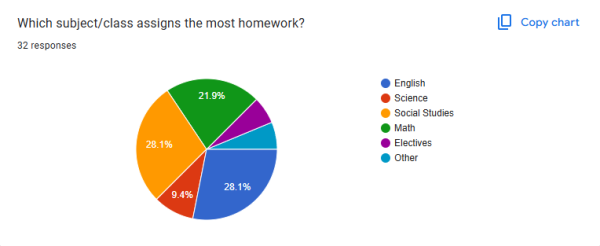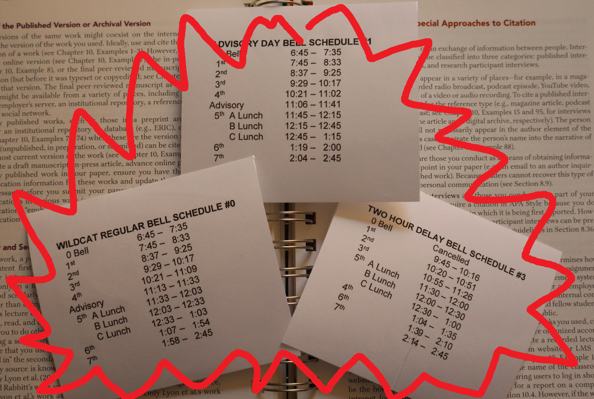Everyone has had that one teacher in school who always assigns homework over the weekend that ruins any and all plans made; it’s exhausting and frustrating, and you can’t help but think, “Is this really necessary?” I know I’ve felt that way more times than I can count. But how do students and teachers feel about it?
We interviewed some of our teachers at Harrison High School to gather their perspectives on limiting assignments. Art teacher Jennifer Gambetta said, “I personally feel that teachers shouldn’t be limited on how many assignments they assign, but rather they limit the assignments to only be done in class and to not exceed class time.” She added that she doesn’t think additional work should be given to students unless they do not follow what is being asked of them, then additional work is fair. Gambetta also stated that assignments should not be busy work, but the assignments should teach the concepts of the class or lesson.
Gym teacher Mike Brossart says, “I think that the assignments teachers give students are extremely beneficial to them and that the assignments are helping them more than students know.” Brossart stated that he personally thinks that teachers shouldn’t be limited on the amount of work they assign or if they are allowed to assign additional work. He clarified that he believes this is true if the teacher thinks the number of assignments given is based on what the teacher thinks is best for their students. Brossart feels that teachers are giving the right amount of work to students, and that the assignments teachers are giving are beneficial to the students and their futures.
We sent out a poll to our other teachers at Harrison, and the majority thinks that high school students should have one hour of homework a night, with a few thinking that 2-3 hours is okay, and 7.7% thinking that students should have no homework. If that is what teachers really think, then why do we have so much homework?

We also interviewed a few students to hear their thoughts on the matter. Sophomore Lacey Black shared, “I think teachers shouldn’t be allowed to give additional work on top of main assignments because that can really stress out students and can make them prioritize one class assignment over another. Overall, it is setting students up for failure.” Lacey believes that teachers should be limited to the number of assignments they give their students and that it should strictly be 1 assignment a day and no homework over weekends. She also said to us that she thinks teachers are giving students too much work and that some of the assignments teachers give are beneficial but some of them are just not helpful or useful to us.
Sophomore Donovan Duncan offered a different perspective by sharing, “I think teachers are giving just enough work to the point I’m not stressed out from thinking I’m never going to get the work done and from stressing about doing the work.” Donovan added his thoughts that teachers shouldn’t be limited, and they should be allowed to give 10 assignments a week. He stated that by doing this, it helps teach students how to have responsibility for their work and teach them to be able to handle difficult tasks on top of doing work.
We sent out yet another poll to other students at Harrison, and they identified English and math as the main homework offenders, with social studies coming in third.

After taking a deep dive into our teachers and student’s feelings about limited assignments, I have come to the conclusion that teachers shouldn’t be limited to how many assignments they give, but the work given should be beneficial to the class and lesson itself instead of random work that has nothing to do with the topic. That being said, maybe teachers can try to assign less homework to get them closer to what they think is the ideal amount of homework. Both Harrison students and teachers have made strong arguments, but one key takeaway is that teachers should always strive to balance schoolwork with consideration for students’ mental health. The same goes for students: they need to recognize the importance of their own well-being, too.




























